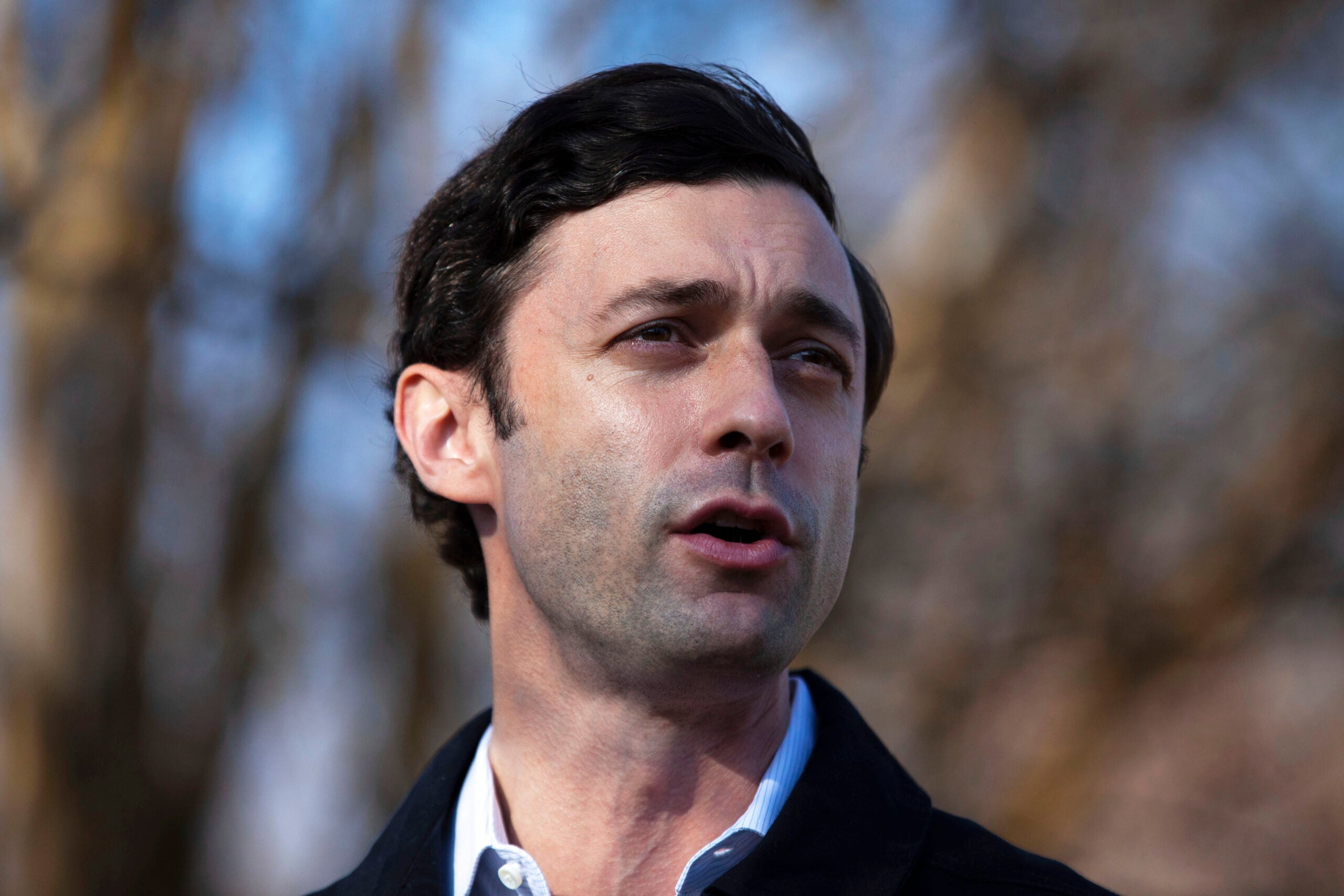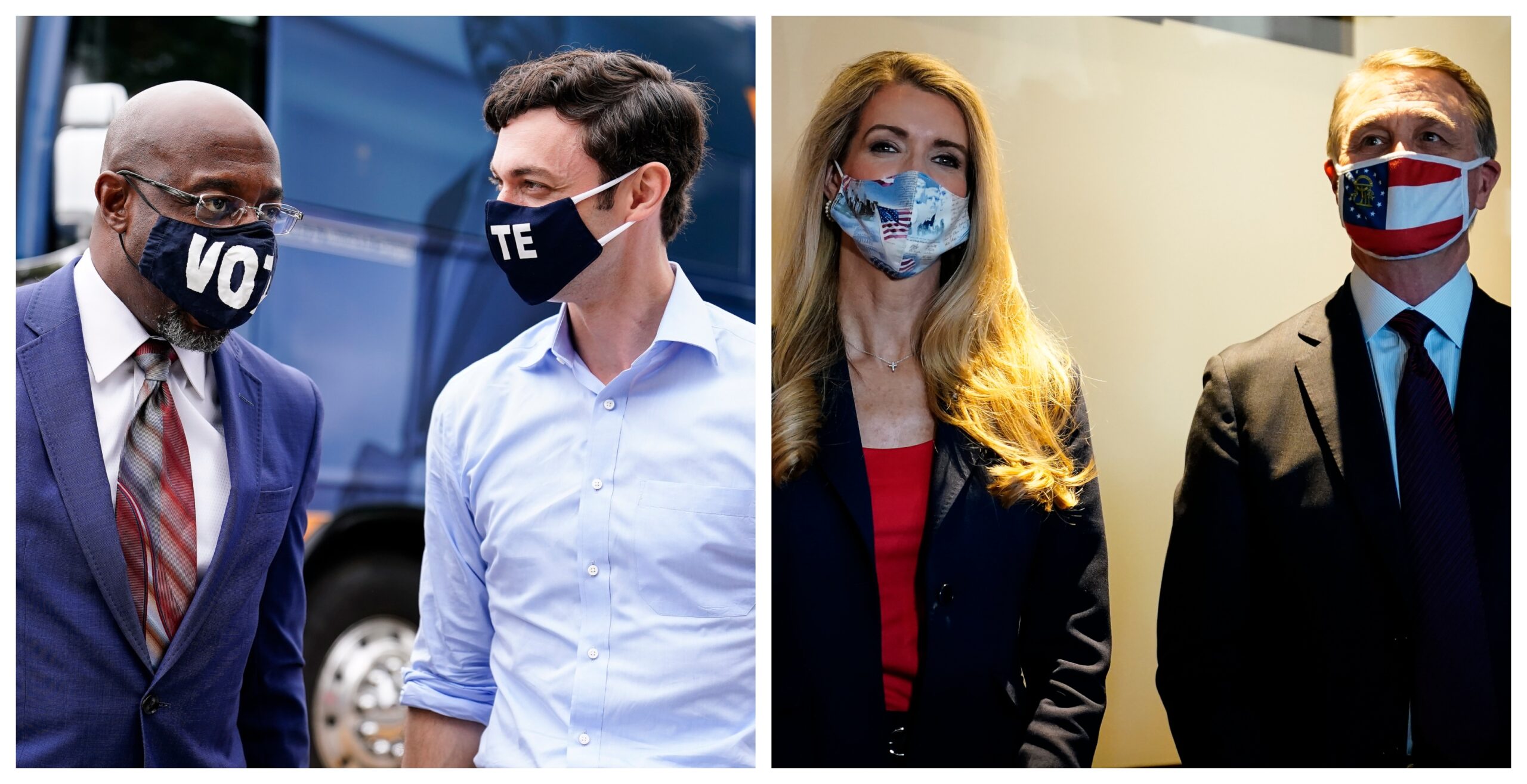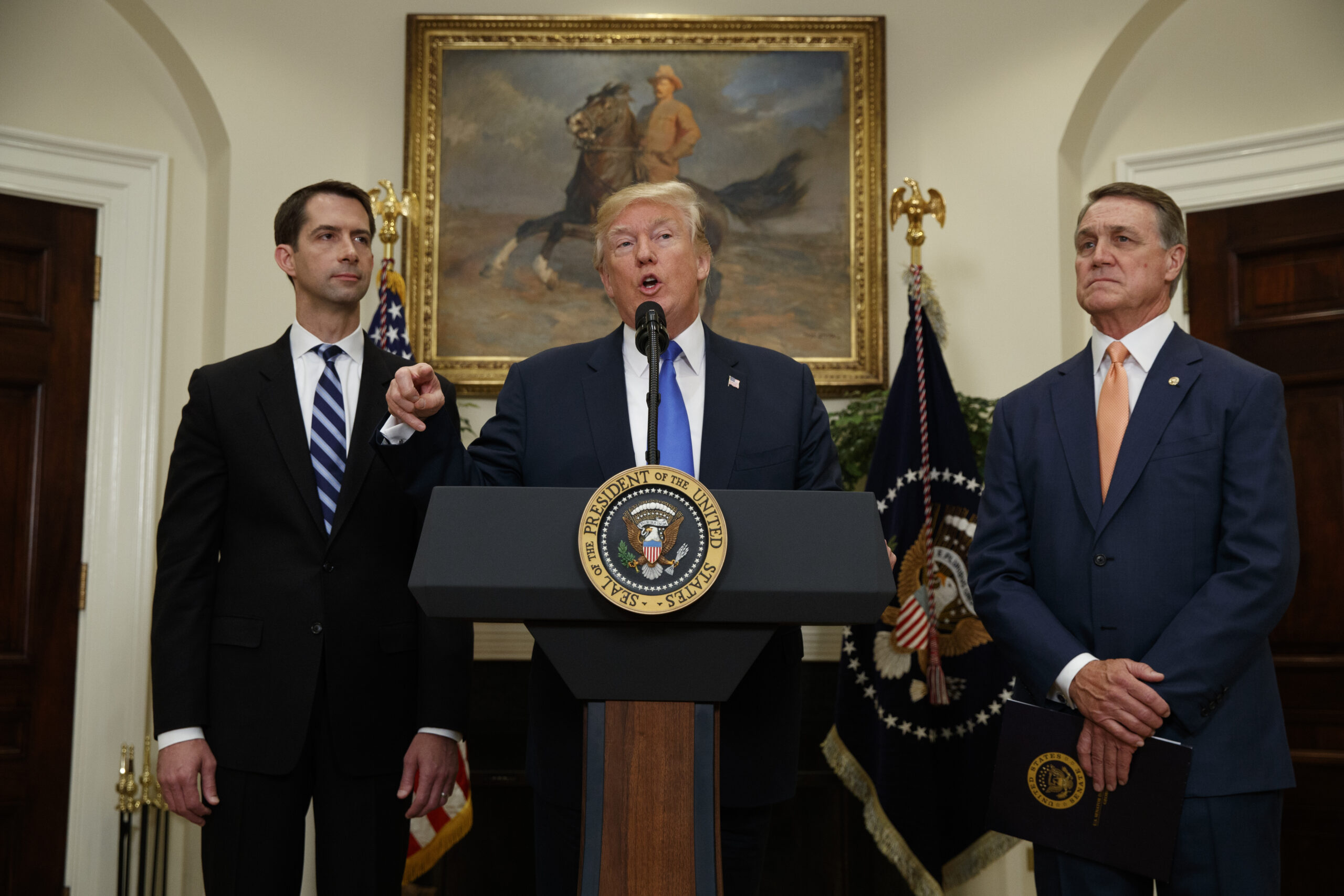A recent analysis of financial documents by Capitol Trades and reporting by MarketWatch revealed that congressional lawmakers traded more than $350 million worth of stocks in 2021.
U.S. Sen. Jon Ossoff of Georgia introduced legislation earlier this year that would ban legislators from trading stocks in public companies so that they would not profit from insider knowledge they’re privy to on Capitol Hill.
Ossoff himself placed his own stock portfolio in a blind trust when he was elected, following through on a campaign promise.
After initial pushback, congressional leadership, including House Speaker Nancy Pelosi and Senate Majority Leader Chuck Schumer, have indicated they would accept a congressional stock trading ban.
Ossoff says the growing support for this measure has been spurred by increased public pressure. He joined WABE’s “Morning Edition” to talk about his work to move the stock trading ban forward.
A survey by conservative advocacy group Convention of States Action found that more than 75% of Americans across the political spectrum support such a ban.
“My view is that members of Congress shouldn’t be trading stocks at all, because of the nature of our jobs,” Ossoff said. “We make policy. We have routine access to confidential information. This is a commonsense ethics reform and that’s why I think it’s building so much steam.”
Ossoff’s Ban Congressional Stock Trading Act would prohibit members of Congress and their immediate family members from trading any stocks, and violators could be fined the entire amount of their congressional salary.
The issue came to the forefront in 2020 when then-senator Kelly Loeffler was investigated for possible insider trading based on her trading stocks related to the coronavirus; an investigation that was later dropped.
Ossoff also spoke with “Morning Edition” about other legislation he’s sponsoring and recent events here in Georgia including crime reduction efforts and threats against the state’s historically Black colleges and universities.
Christopher Alston contributed to this report.








